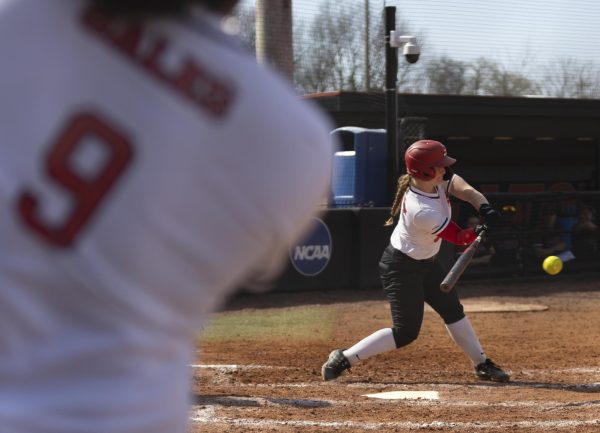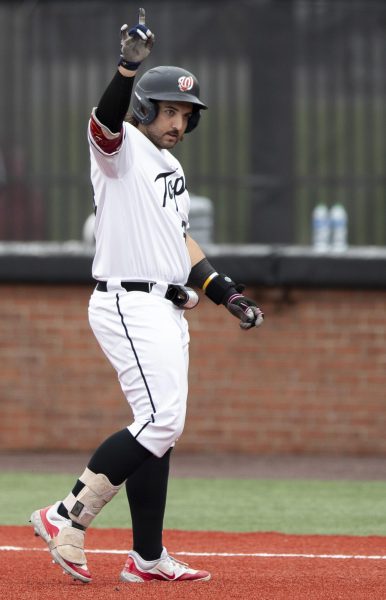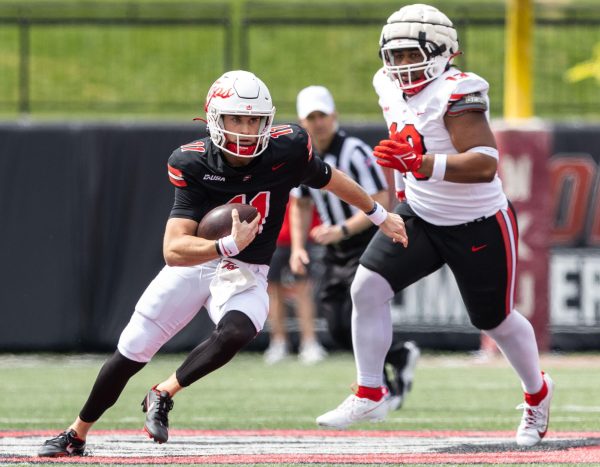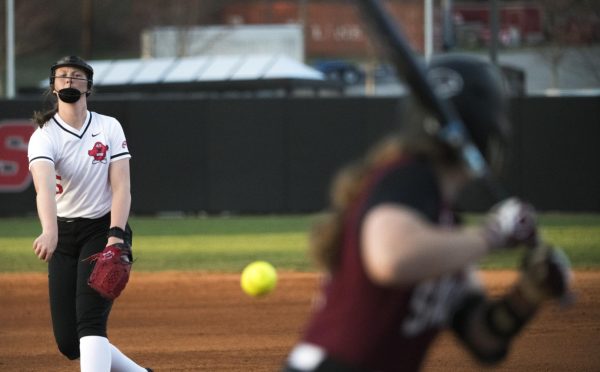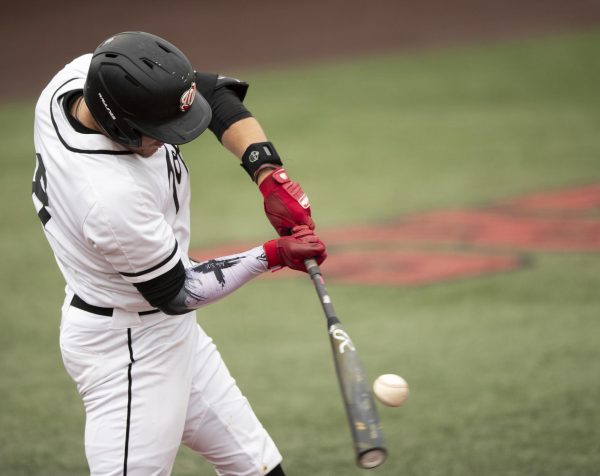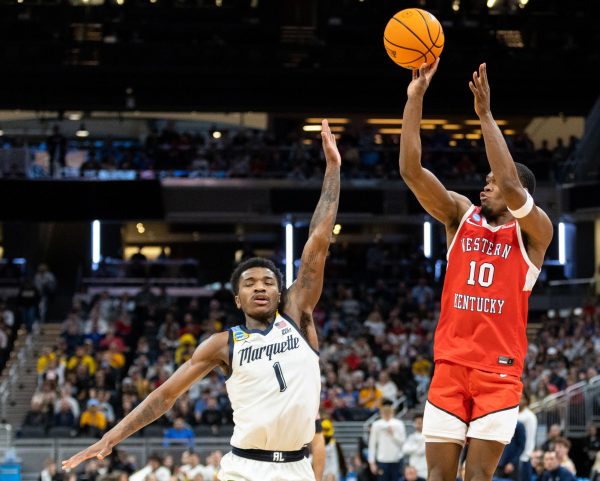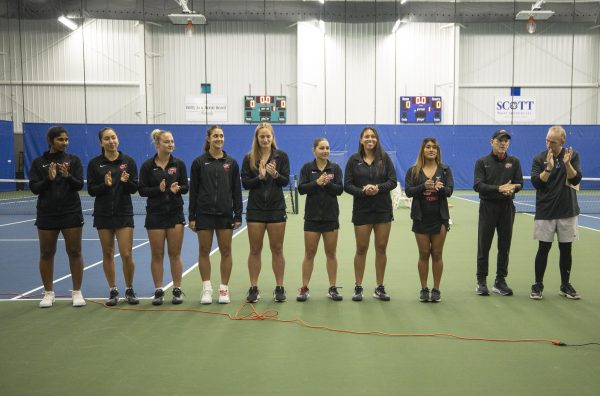Reecer’s Piece: Why the NFL is wrong about Brandon Doughty
February 16, 2016
In the world of sports, no one particularly enjoys uncertainties.
One uncertainty that is an incredible nuisance to NFL teams is predicting which college quarterbacks will succeed at the pro level.
For the first time in program history, WKU football has a quarterback who will most likely be selected in the NFL draft. This player is of course none other than Brandon Doughty.
During his time at WKU, Doughty statistically became one of the greatest quarterbacks to ever play college football as he currently ranks in the top 20 players all-time in completion percentage, passing touchdowns, passing yards and passer rating.
Doughty is also just the third player in FBS history to throw for 4,000 yards and 40 touchdowns in consecutive seasons as he led the Hilltoppers to a 20-7 record as a starter.
So with numbers like that, why do most NFL scouts have Doughty going in the last few rounds of the draft? And why do some scouts have Doughty not being picked at all?
NFL draft analyst Mel Kiper Jr. ranks the former Hilltopper as the ninth best quarterback in this year’s draft. CBS Sports ranks Doughty as the 11th best quarterback prospect and projects him to be selected in the sixth round.
One major factor keeping Doughty from being highly coveted is that the level of competition he played against at WKU doesn’t match that of quarterbacks from superior conferences.
However, this supposed weakness is very flawed as quarterbacks such as Tony Romo, Joe Flacco, Kurt Warner and Brett Farve all came from extremely small colleges and enjoyed success in the NFL.
Another weakness scouts think Doughty has is that his overall athleticism is not impressive. CBSsports.com even goes so far as to say that he has a “lanky body type and lacks ideal build.” Doughty’s 6-foot, 3-inch, 212-pound frame is just slightly below average compared to most NFL quarterback prospects.
Again, this weakness just doesn’t have a leg to stand on. Yes, Doughty does not have the athletic capability of Cam Newton or Russell Wilson, but neither does Tom Brady or Peyton Manning.
In fact, look at the majority of starting quarterbacks in the NFL. Whether it’s Derek Carr, Carson Palmer or Andy Dalton, Doughty compares nicely to most starters athletically.
The last negative pinned on Doughty is that the offense he played in at WKU was too beneficial for him and allowed him to make too many easy throws.
While a host of quarterbacks who played in a wide-open offense in college have struggled in the NFL, there are a number of players who have the made the transition to the pro offense quite nicely.
For example, former Fresno State quarterback Derek Carr played in a spread offense in college, and in his first two seasons in the NFL, he threw 52 touchdown passes.
Where NFL scouts truly get it wrong is when they only seem to point out Doughty’s weaknesses.
If pro scouts were to closely examine Doughty’s strengths more, they would see a quarterback with top-level accuracy. They would also see a quarterback who has great command of the pocket and a player who has an NFL-style throwing motion.
The biggest strength Doughty might have is his personality on and off the field. Too many young athletes throw away their pro careers because of their low character: Johnny Manziel, for example.
Throughout his time in college, Doughty had zero run-ins with the law and never had any problems with his teammates or his coaches.
At the end of the day, a look at Doughty’s pros and cons show a player with the talent and resume of a quarterback who would be picked up by at least the third round.
Whether or not teams see that and take a chance on Doughty is their problem because no matter where Doughty goes, he will most likely prove the second-guessers wrong. After all, that’s what he has done his entire career.















